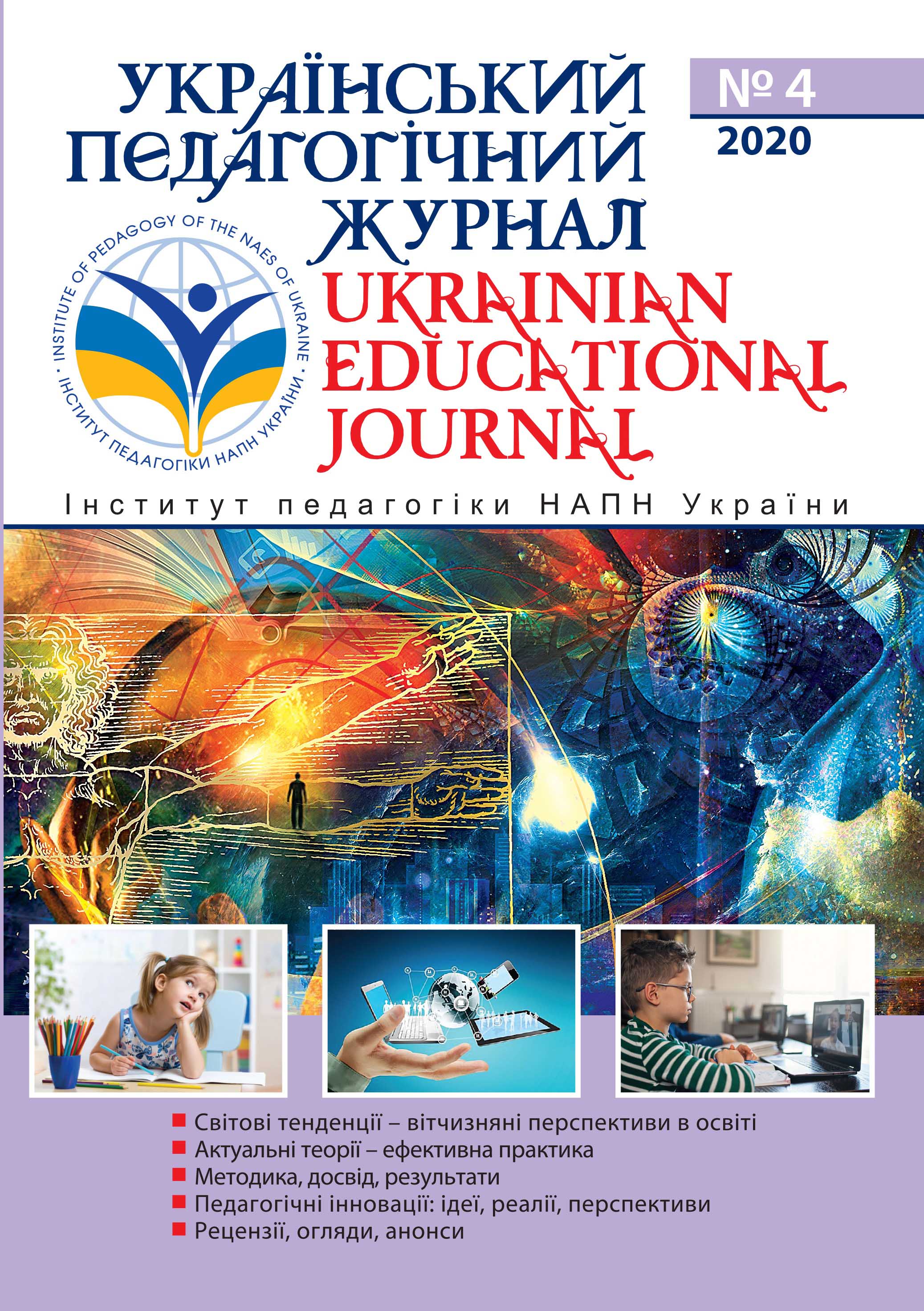Abstract
The article is devoted to the content component of interdisciplinary connections on the lessons of Ukrainian literature in high school during the study of concepts from the literary theory (LT). It outlines the problems and prospects of studying the theory of literature in the system of interdisciplinary relations in the 11th grade of the lyceum. By comparing the list of literary terms in the current programs of Ukrainian and foreign literature for secondary schools, reviewing the interdisciplinary strategy of school textbooks author has clarified the content, outlined the problems and prospects of studying Ukrainian literature concerning foreign literature. The author emphasizes the productivity of interdisciplinary interaction during the study of the literature of modernism, avant-garde, postmodernism, as well as the tendencies of post-postmodernism in modern Ukrainian literature. The article stated that the volume of theoretical concepts recommended for study allows the application of different types and forms of interdisciplinary connections, and this contributes to the formation of a dialectical worldview of students. In school textbooks, theoretical sections and special rubrics or dictionaries of terms are the places that explain the literary categories. Also, the authors of some educational publications on Ukrainian literature compose several final questions and tasks using interdisciplinary links, which creates learning situations for the formation of a competent student-reader. The author accentuates the importance of unifying interpretations of literary categories provided for study in the system of interdisciplinary relations at school, as well as the expediency of forming a separate section in the structure of a textbook on Ukrainian literature — a glossary of terms and active use of interdisciplinary interaction. The article confirms the effectiveness of interdisciplinary strategies in the formation of the dialectical worldview of high school students.

This work is licensed under a Creative Commons Attribution-NonCommercial-ShareAlike 4.0 International License.
Copyright (c) 2020 Ніна Головченко

